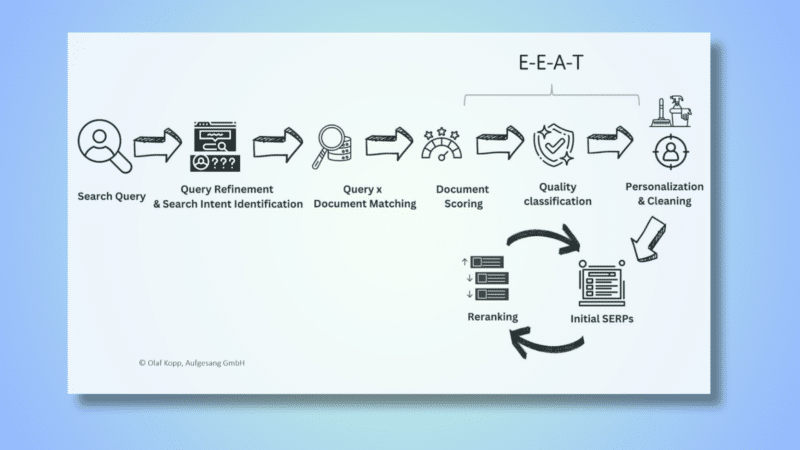
Understanding the Importance of E-E-A-T in SEO
In the ever-evolving landscape of SEO, the concept of E-E-A-T—an acronym for Experience, Expertise, Authoritativeness, and Trustworthiness—has become a cornerstone for content quality evaluation. As search engines, particularly Google, refine their algorithms, the need for clear parameters on what constitutes quality content is more pressing than ever. For many SEO professionals, understanding and optimizing for E-E-A-T can be the difference between a website thriving in search rankings and one languishing in obscurity.
The significance of E-E-A-T cannot be overstated. Despite its rising prominence, many still regard it merely as a buzzword rather than a crucial framework. Google employs a variety of signals related to the quality, trust, and authority of content when determining how to rank various resources. This intricacy underscores the necessity for SEO specialists to fully comprehend and implement E-E-A-T principles to enhance visibility and authority in search results.
Three cardinal aspects form the foundation of E-E-A-T. The first is relevance, which gauges how well a document aligns with a user’s search intent, encompassing factors like keyword integration and user engagement signals. The next is pertinence, reflecting subjective content valuation based on user needs, while quality refers to the holistic assessment of websites and authors influenced by user experience. These layers collaboratively develop a robust understanding of E-E-A-T that is essential for any content strategist or SEO expert.
At the document level, E-E-A-T evaluates the inherent quality of individual content pieces, looking at originality and presentation. This extends to the domain level, which considers the overall quality of a site and the coherence of its content. Notably, the source entity level encompasses the reputation and qualifications of those behind the content—an essential factor not to be overlooked in the realm of digital content.
The recent discussions around link management tools like URL shorteners (e.g., Bit.ly or TinyURL) further illustrate the practical application of E-E-A-T principles. While these tools simplify link sharing and can track engagement effectively, they also play a role in the trustworthiness of the content being linked to. For instance, custom domain short links can reinforce brand identity and enhance user trust. This becomes particularly relevant when addressing potential audiences through platforms that value credible sources and high-quality references.
Moreover, leveraging the signals associated with short links also offers a unique avenue for SEO practitioners to bolster their credibility. Shortening links with verified, reputable domains can positively influence user perception and engagement metrics—two critical components of E-E-A-T. By ensuring that shortened URLs lead to relevant, high-quality content, marketers can enhance their visibility and trustworthiness within search engine evaluations.
In conclusion, as Google continues to refine its evaluation of E-E-A-T for content ranking, embracing these multifaceted principles is no longer optional for professionals in SEO and digital marketing. By integrating actionable strategies and optimizing content for relevance, pertinence, and overall quality, digital marketers can significantly improve their search rankings and drive user engagement. The complexity of E-E-A-T rewards those who navigate its intricacies effectively.
#BitIgniter #LinksGPT #UrlExpander #UrlShortener #SEO #MarketingNumérique
Want to know more: https://searchengineland.com/google-eeat-quality-assessment-signals-449261

